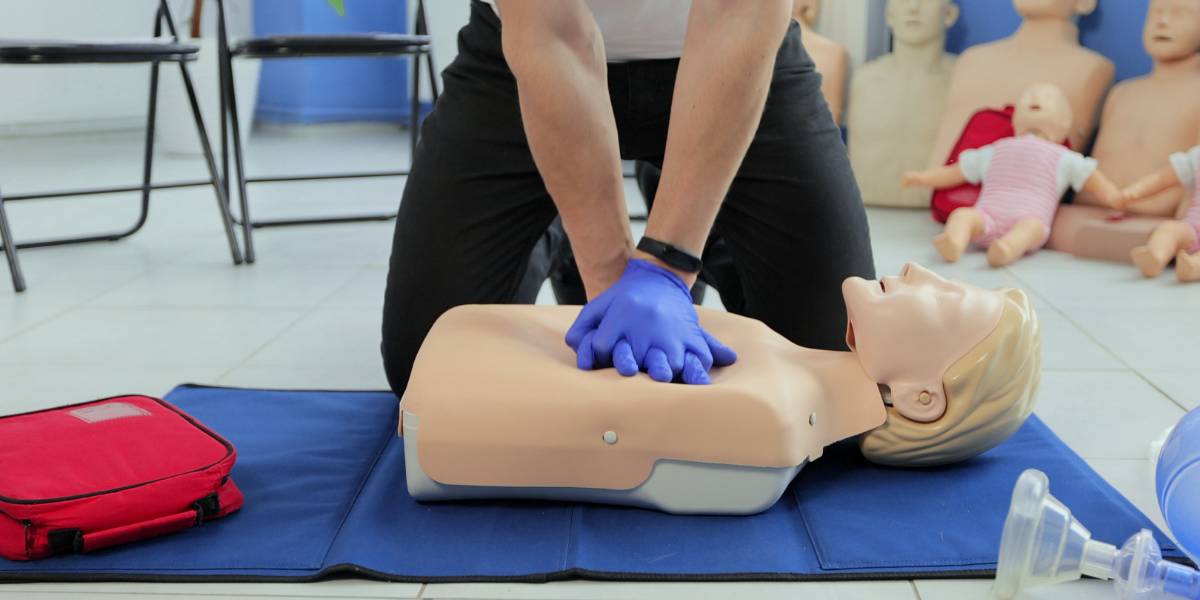Dyslipidemia is the term for unbalanced or unhealthy cholesterol levels. Whilst the term ‘cholesterol levels’ is used; a more accurate term is ‘lipid levels’.
There are different forms of dyslipidemia which includes too high cholesterol but can also refer to too low cholesterol or when the balance of total and HDL cholesterol is unhealthy.
Cholesterol and lipoproteins
Cholesterol serves an important role in the body and is used in the membranes of all our body’s cells.
When we have our cholesterol levels measured, what are actually being measured are tiny proteins in the blood which carry the cholesterol.
These lipoproteins include:
- LDL – sometimes known as ‘bad’ cholesterol
- HDL – sometimes known as ‘good’ cholesterol
High cholesterol
Having too high cholesterol (hypercholesterolemia) can signify a higher risk of heart problems.
Too high cholesterol can include one or more of the following:
- Too high total cholesterol
- Too high LDL cholesterol
- Too high triglyceride levels
Many people with type 2 diabetes will often find they have high cholesterol either when diagnosed or before finding out they have type 2 diabetes.
Some people may have high cholesterol because they have a condition called familial hypercholesterolaemia. This is a genetic condition that affects about one in 250 people.
People with this condition will have had higher cholesterol levels than normal from birth. However, as high cholesterol rarely presents symptoms, the condition may not be diagnosed until adulthood. [284]
Other factors can also cause higher cholesterol levels include certain medications such as:
- Steroids
- Beta blockers
- Diuretics
Unbalanced cholesterol
High cholesterol can indicate poor health but it is possible to high total cholesterol and still have healthy cholesterol levels, as long as your HDL cholesterol levels are sufficiently high.
A more reliable measure of heart risk is how unbalanced your cholesterol levels are.
If you’ve been given cholesterol levels that include your total cholesterol and your HDL levels, you can estimate how healthy your cholesterol levels are.
Take your total cholesterol number and divide it by your HDL number. If the result is less than four, your cholesterol levels are probably healthy. [283]
Note: this health estimate only applies if your cholesterol results are given in mmol/l and can only be a guide of heart health.
This check is known as the ratio of total cholesterol to HDL
If you don’t have both your total and HDL levels for your latest cholesterol result, ask your health team as they should be able to provide this figure if you have diabetes.
Too low cholesterol
The body needs to keep many things in balance. Just as you can have too high and too low blood sugar and too high and too low blood pressure, you can also have too high and too low cholesterol.
Having cholesterol levels below 3 mmol/l is linked with higher risks of cancers and mortality (death).
Advanced cholesterol tests
Doctors are able to carry out more advanced cholesterol checks that measure other small particles such as apolipoprotein A-I (apoA-I) and apolipoprotein B (apoB).
This test can provide a more accurate estimate of heart health than the ratio of total cholesterol to HDL.
However, this is not a standard test and most doctors will not use this test unless there is a specific need for it.
Achieving healthy cholesterol levels
Low-fat diets can help to lower cholesterol but low-carbohydrate and ketogenic diets typically lead to a healthier balance of cholesterol as they help to raise the level of HDL (good) cholesterol.
A low-carb Mediterranean diet is regarded as one of the best diets for heart health.
Low-cab Mediterranean diets are rich in healthy fats from oily fish, fresh, unprocessed meat, full-fat dairy, avocados, nuts, seeds, olives and olive oil.







